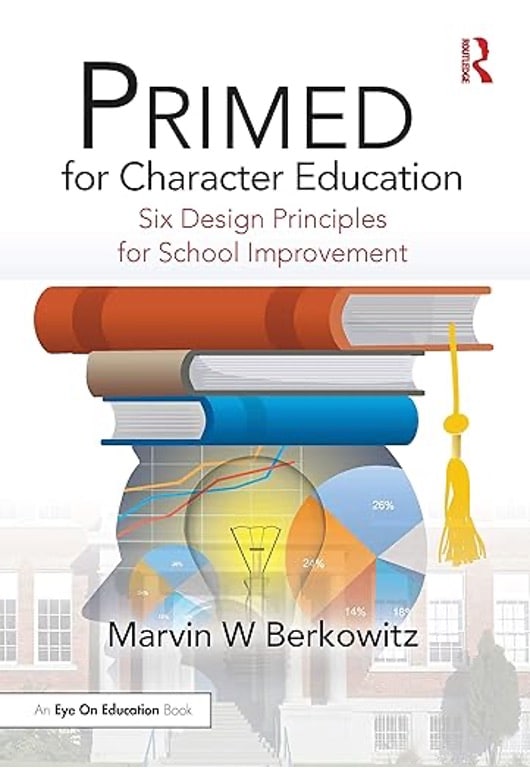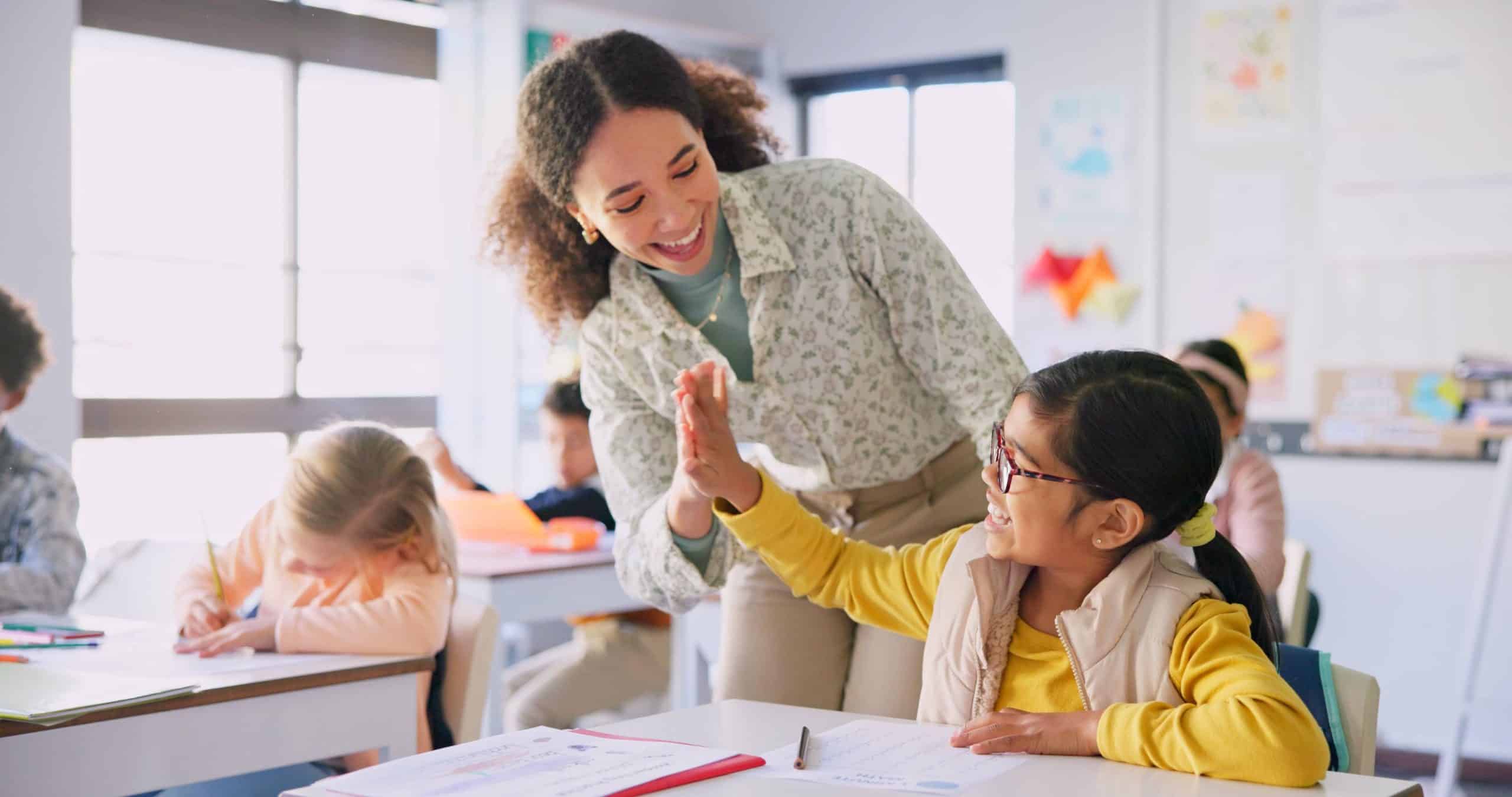Overview:
A specialist teacher argues that they must be included in school leadership to truly support the whole child.
There’s this unspoken rule in schools that you learn pretty quickly when you’re a specials teacher: You’re here to give the “real teachers” a break.
Whether you teach art, music, P.E, STEM, Language, or any enrichment class, you feel it. The unintentional (and let’s be honest – sometimes intentional) dismissal of your role as anything more than a planning period for someone else.
But what if I told you that some of the most important data points about student well-being, school culture, and engagement aren’t coming from test scores? It’s coming from my classroom. From the gym. From the art studio. From the music room.
And yet, we’re rarely invited to the conversations where decisions about these are made.
Specialist Teachers Know Every Kid—Not Just the Ones in Our Homeroom
Unlike grade-level teachers, Specialists see every single student in the building. That means I have 785 students every week. I’ve taught kids who shine while learning leadership habits but struggle with math. My team has told stories about students who barely speak in their regular
class, but sing their hearts out in music. Coach has watched as a struggling reader found confidence when they mastered a new yoga pose or scored their first goal in PE.
I get to know students in a different way, but one that is equally valuable. I see their moods change when they walk into my classroom, or when I see them in the hallway, or at lunch. I notice when a kid who loves to share suddenly refuses to talk to me. We also don’t turn a blind eye when a student who loves hands-on art projects one day refuses to paint. We recognize when a usually energetic kid seems too tired to run. We see these kids through their challenges each year, even if it is only once or twice per week for an hour.
This isn’t just anecdotal. It’s data. It’s an insight into the whole child.
But in my experience, no one ever asked me to share it.
The Leadership Table Feels Off Limits to Specialist Teachers
Leadership teams at most schools typically are comprised of classroom teachers from tested subjects, instructional coaches, and administrators. While their perspectives are necessary, they’re incomplete without the voices of specialist teachers.
I’ve sat in staff meetings where we talked about improving school culture, but no one asked the music teacher who just coordinated the most joyful, community-building concert of the year for input. I’ve watched decisions being made about student engagement strategies without anyone asking the PE teacher, who sees firsthand which students are completely disengaged outside of academics.
And when professional development days roll around? Specialists are often afterthoughts, lumped into whatever is left over or irrelevant to our work with students.
Specialist Teachers Are Already Leading – It Just Gets Overlooked
Here’s the thing: we are already leading, whether or not it’s recognized on an org chart.
Studies consistently show that participation in arts, physical education, and extracurricular activities improves students’ academic performance, behavior, and social-emotional well-being. According to the Arts Education Partnership, students involved in the arts are more likely to show empathy, teamwork, and motivation to learn. The Centers for Disease Control and Prevention also report that regular physical activity has a positive impact on concentration, memory, and classroom behavior.
And when the final bell rings, Specials teachers aren’t finished. We lead after-school clubs, coach teams, organize art shows, direct musical productions, and create safe, inclusive spaces where students build leadership skills and find community.
I’ve seen firsthand how after-school activities transform students labeled as “behavior problems” during the day into leaders after hours. One student, who struggled in the regular classroom, led their peers with confidence during our cross-country running team practice, showing empathy, encouragement, and focus rarely seen in their academic classes.
These aren’t “extra” opportunities. This is the heart of school leadership—nurturing the whole child and fostering a sense of belonging.
What Needs to Change
If schools truly care about educating the whole child, we can’t keep excluding the educators who work with the whole student body. Here’s what I wish more schools would do:
● Give Specials teachers leadership roles. Let us help shape school culture, not just deliver “fun classes.”
● Include us in critical meetings. When discussing behavior trends, school-wide initiatives, or student support, we have valuable insight.
● Respect our time and expertise. Stop scheduling our classes like they’re disposable. Specials are not optional extras—they are essential.
● Offer meaningful PD. Give us the same opportunities to grow in our craft, explore leadership, collaborate with other teachers, and stay on the cutting edge of educational practices.
Let’s Stop Pretending That Leadership Only Comes from Test Scores
The real leaders in a school are the ones who help kids discover who they are. And that often happens outside of a math test.
So, the next time your leadership team forms, or when there’s a meeting about improving student success, I hope you’ll ask yourself: Who’s missing from this conversation?
Because chances are, your art teacher, your music teacher, your PE teacher—they’ve already been leading in ways you didn’t see.
It’s time to give them a seat at the table.

Kelly Bryan is an elementary specials teacher with experience teaching leadership and social-emotional learning (SEL) to students in grades K–5, as well as several years in the general education classroom. With a master’s degree in literacy and a background in writing, Kelly is passionate about whole-child education and amplifying the voices of all teachers. Beyond the classroom, she leads after-school clubs that help students build confidence and community. When she’s not teaching or writing, you’ll find her spending time with her family, reading a good book, or searching for the perfect piece of chocolate.




